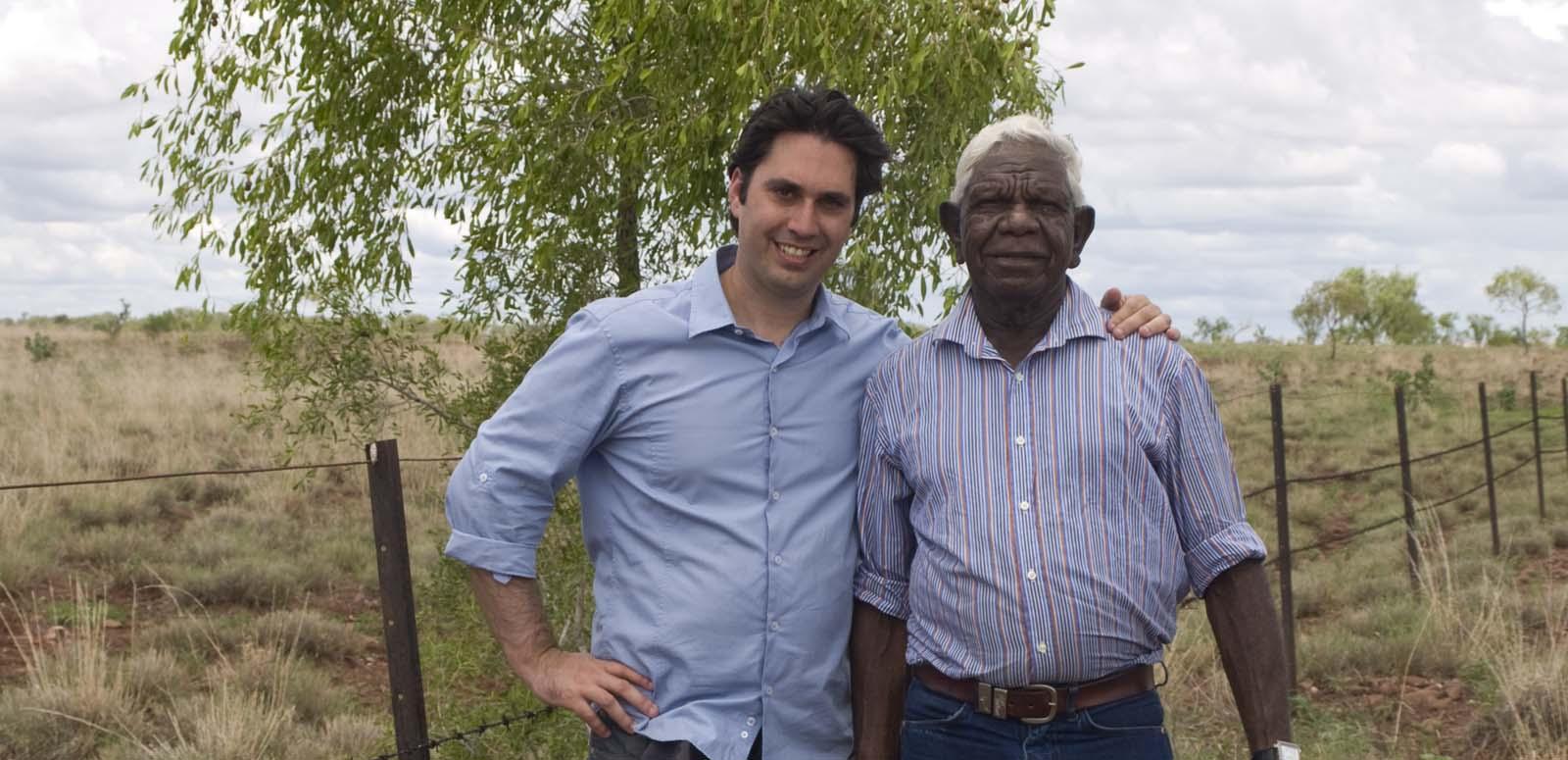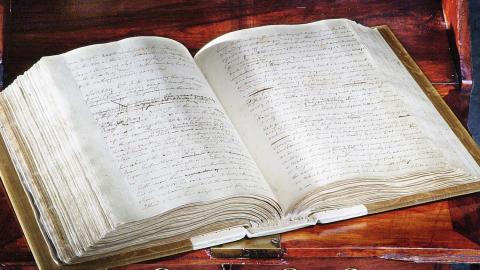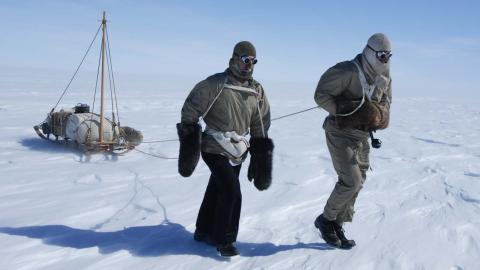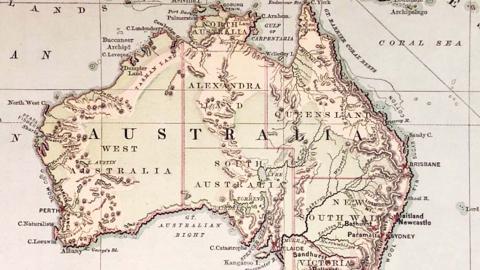The Australian History Timeline features over 90 film clips showcasing a unique collection of Australian history documentaries.
WARNING: this article may contain names, images or voices of deceased Aboriginal and Torres Strait Islander people.
Go to Australian History Timeline Part 1: Pre-1770s to 1890s




